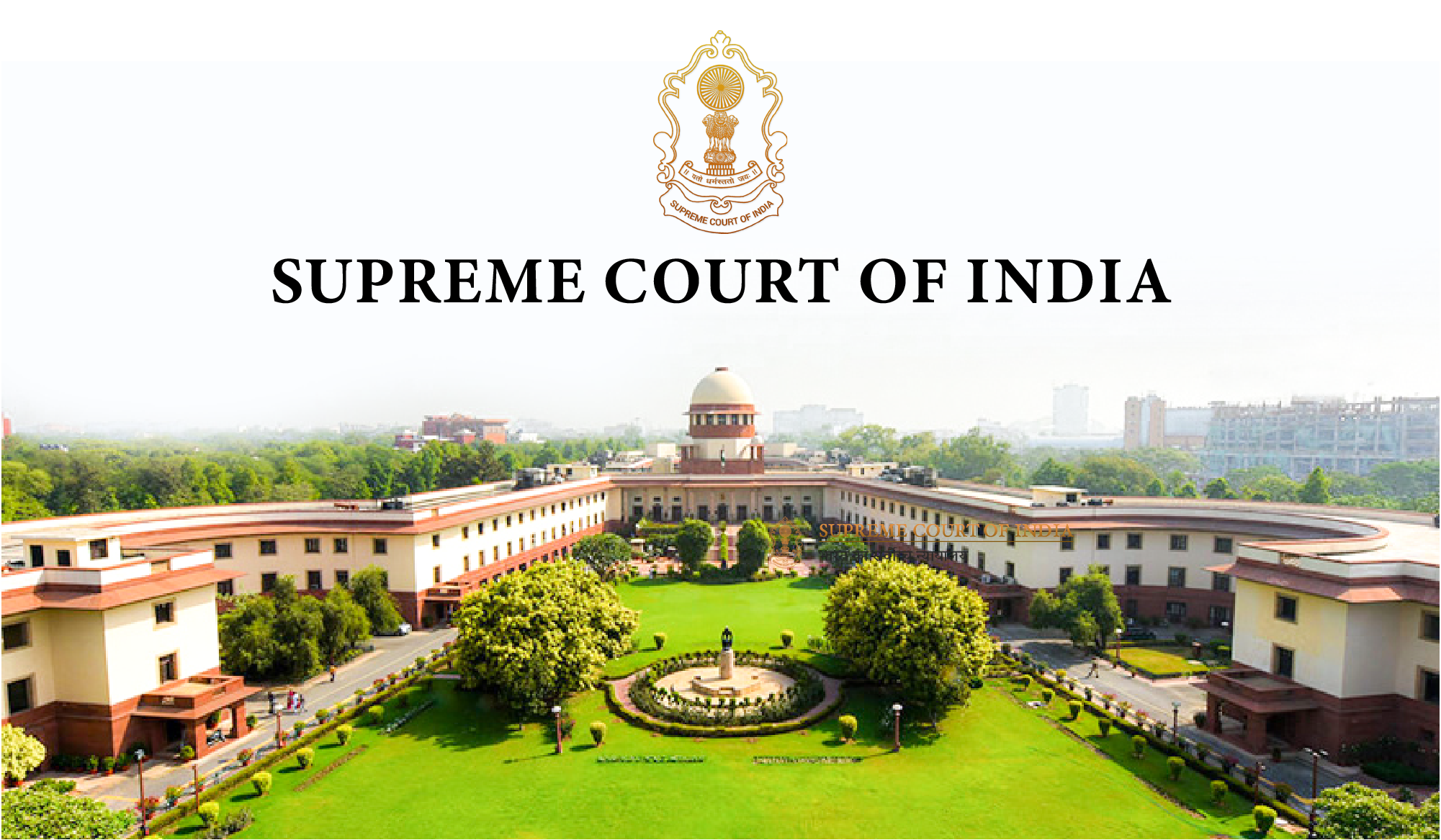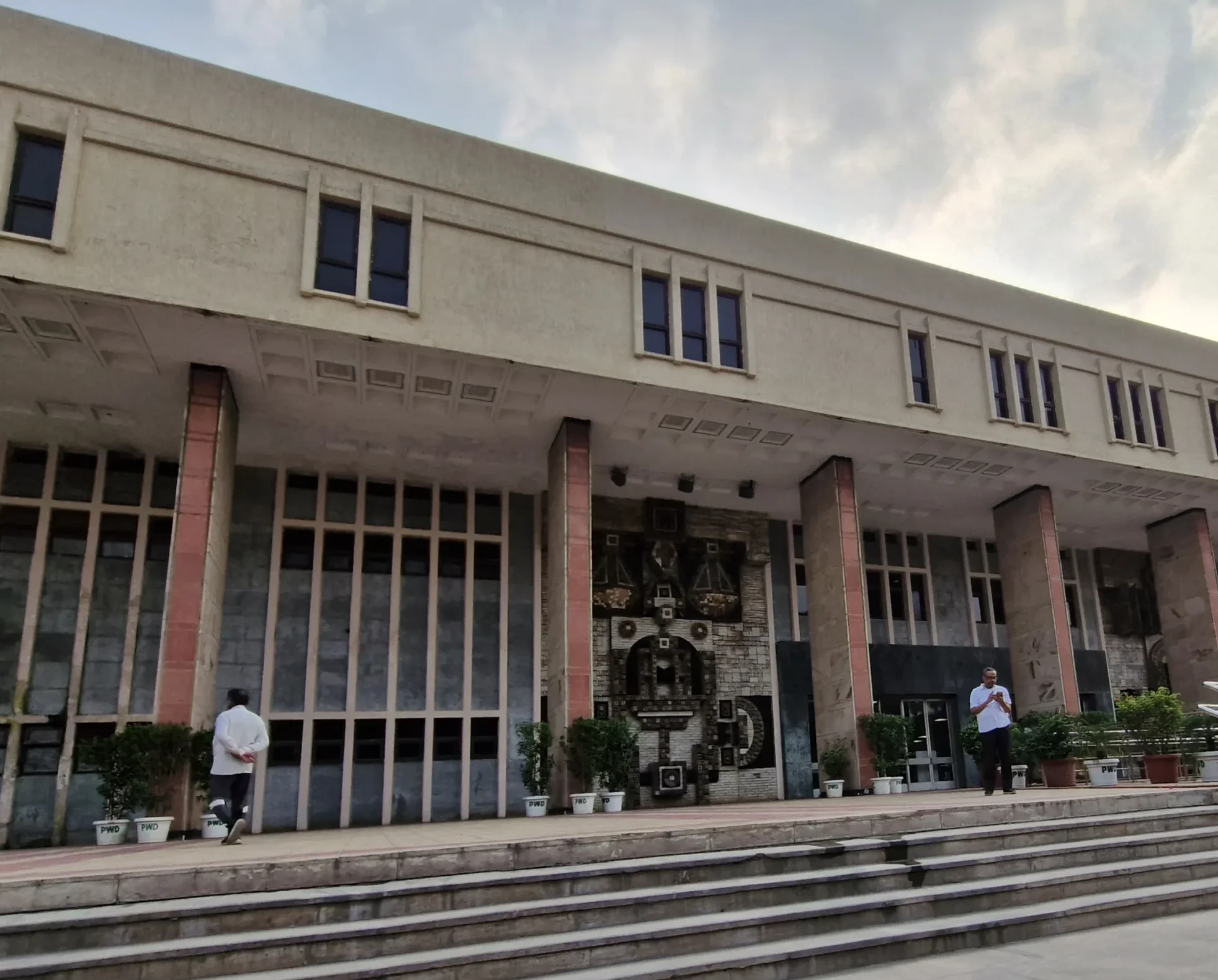Table of Contents
ToggleIntroduction to the Uniform Civil Code (UCC)
The Uniform Civil Code (UCC) is one of the most debated topics in Indian legal and political spheres. The concept refers to the unification of personal laws, applicable to all citizens regardless of their religion. Article 44 of the Indian Constitution provides for the implementation of a UCC, stating that “the State shall endeavor to secure for the citizens a Uniform Civil Code throughout the territory of India.” Despite being a part of the Directive Principles of State Policy (DPSP), it remains unimplemented due to the diverse religious practices in India.
Significance of Article 44 of the Indian Constitution
Article 44 under the Directive Principles is non-justiciable, meaning it cannot be enforced in a court of law. However, it serves as a guiding principle for governance. The framers of the Constitution envisaged a time when a UCC would be necessary to ensure equality among citizens. The principle behind this article is to replace the personal laws of various communities (based on their scriptures and customs) with a common set of laws governing marriage, divorce, inheritance, and adoption.
Why India Needs a Uniform Civil Code
The need for a Uniform Civil Code stems from the desire to promote national integration and gender justice. Personal laws in India are often criticized for being discriminatory, especially against women. For example, in many cases of Muslim personal law, polygamy and unilateral divorce are permissible, leading to gender inequality. Similarly, Hindu personal law has undergone several reforms, but anomalies still exist in inheritance and succession laws.It would help address these disparities and provide uniformity in civil matters across all religious communities.
Arguments For and Against the Implementation
Arguments in Favor
1. Equality Before the Law: The Constitution guarantees equality to all citizens, and a common civil code would ensure that all individuals are treated equally in matters of marriage, divorce, and inheritance, regardless of their religion.
2. Gender Justice: Many personal laws are inherently biased against women. It could help to eliminate these inequalities and provide equal rights to women across all religions.
3. National Integration: A common civil code would strengthen the unity of the nation by removing community-specific laws and promoting a unified legal framework.
Arguments Against
1. Cultural and Religious Diversity: India is known for its pluralistic society. Opponents argue that imposing a single code would infringe on religious freedom and disrupt the cultural diversity that India takes pride in.
2. Political Sensitivity: The implementation of a common civil code is seen as politically sensitive, particularly for minority communities who fear that their religious practices would be undermined.
3. Practical Difficulties: Creating a UCC that adequately reflects the customs and traditions of all religious communities in India is a complex task. Balancing diverse personal laws under one code is challenging and may not adequately address the unique needs of each community.
Key Supreme Court Judgments
The Indian judiciary has repeatedly highlighted the need for a UCC through various judgments. In the landmark case of Shah Bano v. Union of India(1985), the Supreme Court ruled in favor of a Muslim woman seeking maintenance from her husband after divorce. The judgment reignited the debate on it, with the court calling for the enactment of a uniform law to protect vulnerable groups such as women and children.
Another significant case is Sarla Mudgal v. Union of India (1995), where the Supreme Court emphasized the need for a UCC to resolve conflicts arising from different personal laws. The court opined that personal laws based on religion often lead to conflicting interpretations, which could be resolved with a common civil code.
Global Perspective
Many countries have already implemented Uniform Civil Codes for their citizens. For example, France has a single civil code that governs all citizens, irrespective of their religion. Similarly, Turkey adopted a civil code in 1926 based on the Swiss civil law system. These examples show that it is possible for nations with diverse populations to function under a common civil code without compromising individual religious practices.
In contrast, India’s diverse and deeply ingrained religious practices present a unique challenge in implementing it. The global experience provides a useful benchmark, but the Indian context necessitates a careful balancing of religious freedoms with gender justice and equality.
Future of the UCC in India
The implementation in India remains a contentious issue. While the legal and social advantages are apparent, the political and religious opposition is strong. However, given the constitutional mandate and the increasing number of judicial pronouncements in favor of a UCC, it is likely that India will eventually move towards adopting a uniform code. The focus must be on building consensus and ensuring that the transition respects both individual rights and cultural diversity.
Conclusion
The Uniform Civil Code holds the potential to transform Indian society by ensuring equality and justice for all citizens, regardless of their religious background. While its implementation may face hurdles, the ongoing debate continues to shape the discourse on legal reforms in India. Moving forward, the key to successfully implementing a UCC lies in balancing the principles of justice and equality with the need to respect India’s cultural and religious diversity.












Leave a Reply